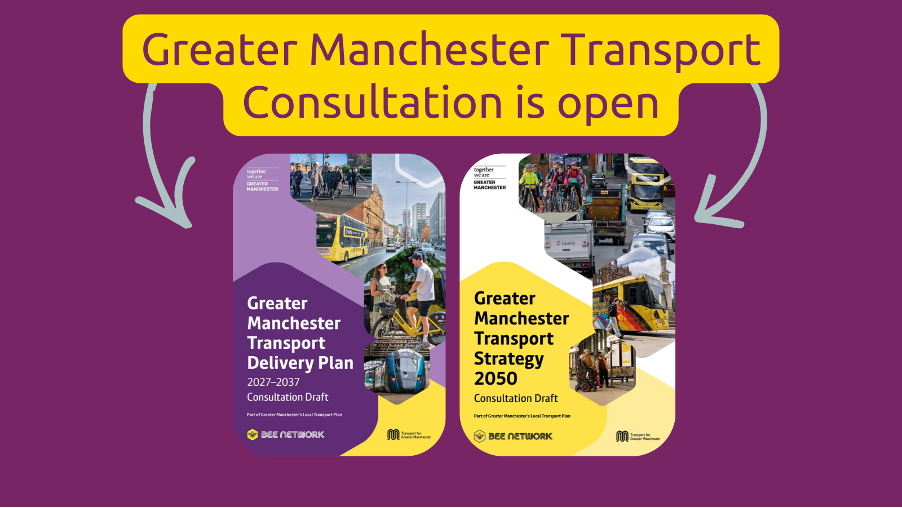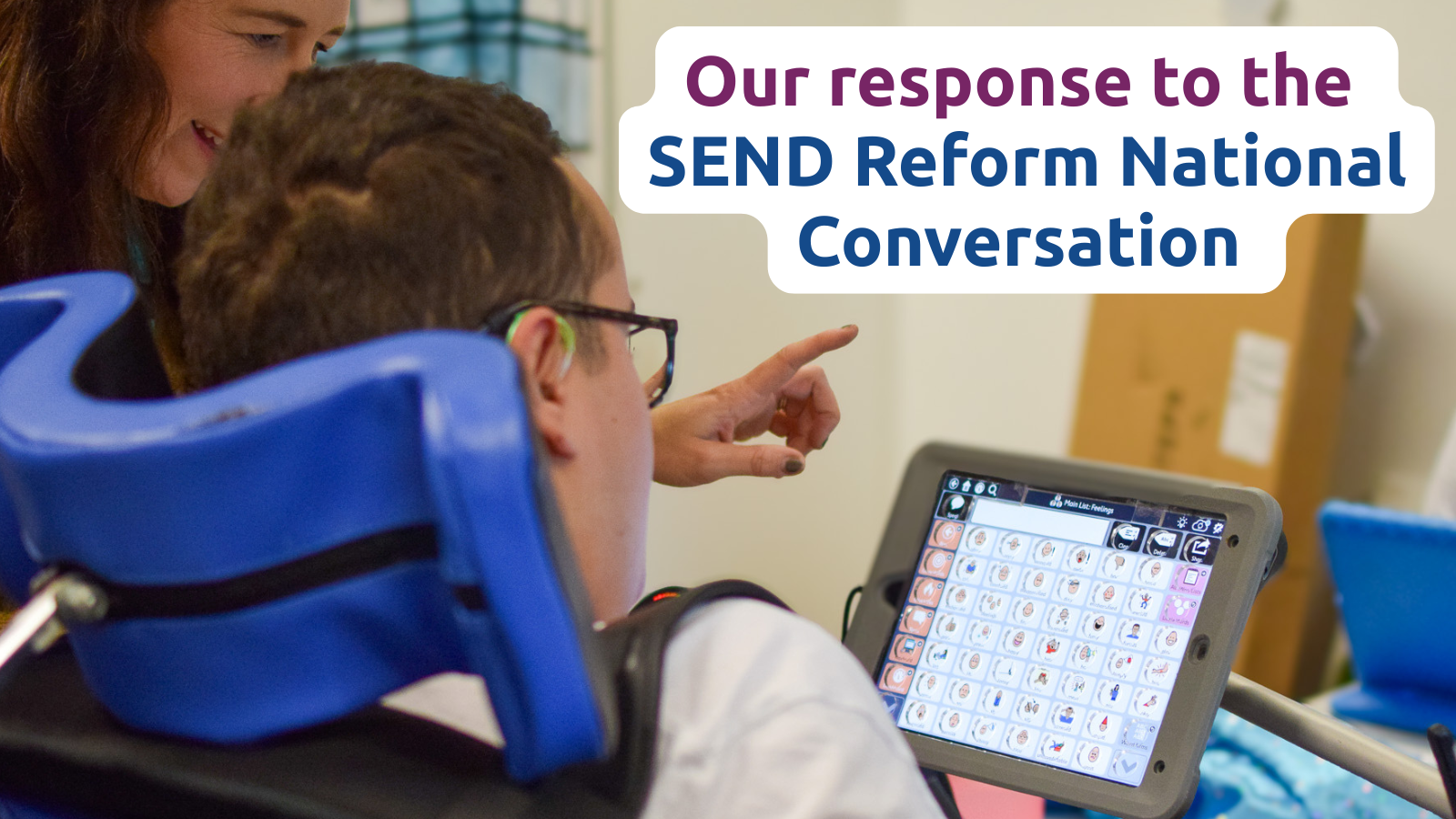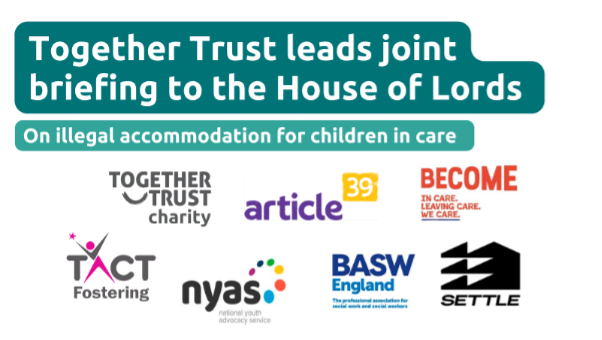
We’ve recently launched a research project focused on Emotionally Based School Avoidance (EBSA) across Greater Manchester with our Research Assistant Volunteer.
The decision to explore this area came from what we’re hearing through our SENDIASS (SEND Information Advice Support Service) in Stockport and Tameside. The number of families contacting our SENDIASS service about EBSA is growing fast.
Additionally, we’re hearing that schools are finding it difficult to manage, and CAMHS waiting lists are continuing to grow, leading to long wait times for support.
This project will explore the reality of EBSA in our area by listening to families and professionals.
What is Emotional Based School Avoidance?
EBSA is a term used to describe children and young people who struggle to attend school due to emotional distress. It’s often rooted in anxiety, but there’s no single cause.
While COVID-19 shaped the current picture, creating a perfect storm of disrupted routines, increased emotional need and reduced access to support, it is not the only factor in growing EBSA numbers. EBSA can stem from a variety of challenges, including friendships, mental health, home life or unmet needs. For some young people, it builds up gradually; for others, it happens suddenly.
It is not about children being difficult or lazy; they often feel overwhelmed and unsure how to cope.
Between 2022/23 and 2023/24, the number of families we supported with EBSA-related issues doubled.
Children and young people experiencing EBSA may display many different behaviours. They may avoid or prolong getting ready in the morning, feel physically unwell at the thought of going to school, refuse to leave the house or transport to school, show signs of physical and emotional distress and be reluctant to attend school for a full week or at all.
For some children and young people, avoiding school may bring short-term relief; however, it can lead to a shrinking social circle, fewer chances to build social skills and resilience and practice coping strategies. Many young people may fall behind with their learning and miss important events, making returning to school in the long run more difficult.
This vicious cycle can lead to children being absent from school for prolonged periods, making it difficult to reintegrate into school life.
What does the data tell us so far?
Data from our Stockport SENDIASS service reflects a significant rise in children and young people experiencing EBSA.
Between October and December 2024, we had 16 specific EBSA-related enquiries. Between 2022/23 and 2023/24, the number of families we supported with EBSA-related issues doubled. Worryingly, in the first nine months of 2024/25, the number of EBSA cases has already surpassed the previous year’s numbers. We also know this is happening nationally.
The Department for Education’s latest data shows that 150,000 children were classed as ‘severely absent’ in 2022–23. That’s a 30,000 rise from the previous year. One in 50 pupils in England missed at least half of their lessons in 2024.
Our concerns
Children with Special Educational Needs (SEND) are significantly more likely to face challenges with school attendance. Research shows they are 50% more likely to struggle to attend, and 31% of students with autism are persistently absent (ONS, 2021; Ambitious about Autism, 2022).
When a child with SEND is refusing school due to their emotional or physical needs being unmet, this is not the same as being off sick or skipping school. Many children want to attend, but the demands of the environment feel too much. The reasons behind this are often complex and layered, meaning they need to be explored and understood before support can be implemented to help them re-engage with their setting and learning.
The system isn’t keeping up, and the support isn’t there to support children and young people experiencing EBSA to get into and stay in school. CAMHS services remain overwhelmed; in the year 2023/24, nearly 40,000 children waited over two years for support. A lack of timely and appropriate mental health support leaves families and schools without clear pathways to support.
Early intervention is crucial. We must understand the prevalence of EBSA in schools and determine which policy changes or local approaches could help.
Get involved
We’d love to hear from you if you have lived experience, insights, or views to share. Contact Styliana Pasiardi at styliana.pasiardi@togethertrust.org.uk to get involved.
Stay informed about our work by:
- Signing up for our campaign updates
- Checking our website news
- Following us on Bluesky, X, and LinkedIn



